'The goal is to automate us': welcome to the age of surveillance capitalism

Interview with Shoshana Zuboff, author of "The Age of Surveillance Capitalism: The Fight for a Human Future at the New Frontier of Power" on how big tech extracts surplus value from our everyday human experiences through ubiquitous surveillance.
Privacy How-Tos for Tech Users

These resources detail out privacy-protecting best practices for users in various areas and for various levels of tech experience from noob to normie to pro.
Ad Targeting: How it Started, How it's Going

You might wonder how we got into the surveillance dystopia we find ourselves in now. The answer is advertising.
Employer Surveillance (at work and beyond)

Most people have resigned to the fact that they have no privacy and figure it's ok because they have nothing to hide. However, these links are powerful in reframing that idea. Surveillance is not about finding objective problems, it's about power and access.
Tracking Technologies: Luxury or Oppression?

blog post: on The Shitty Tech Adoption Curve by Cory Doctorow, NOV 25, 2020
article: Luxury Surveillance by Chris Gilliard and David Golumbia, JUL 6, 2021
Why personal agency matters more than personal data
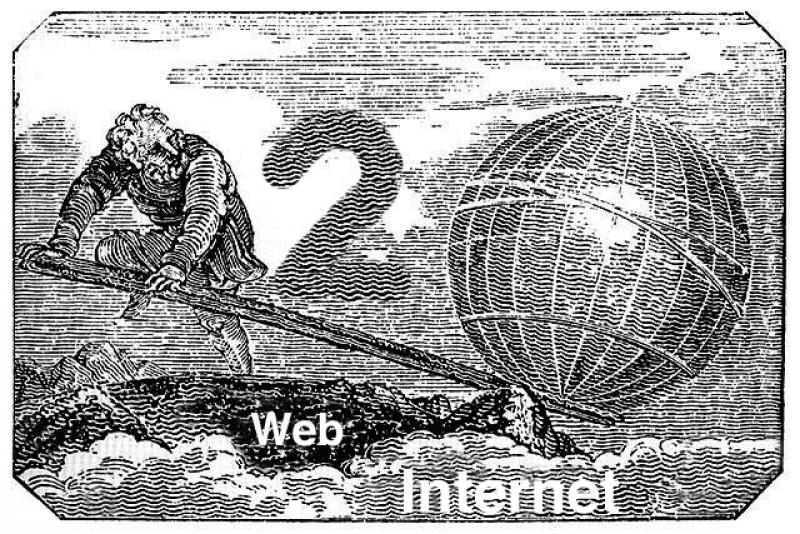
Lately a lot of thought, work and advocacy has been going into looking at personal data as a fungible commodity. Good though this might be, it also steers attention away from a far more important issue it would be best to solve first: personal agency.
The Pegasus Cyber Security Software and its Role in Undermining Democracy

Tech activists document the impact surveillance is having on liberation movements and how we can fight back.
Nonprofit Websites Are Riddled With Ad Trackers
The prevalence of third-party cookies and trackers on nonprofit sites shows that the invasive practices of Big Tech are mimicked in the nonprofit world.
Interview with PenPot CEO Pablo Ruiz-Múzquiz on Open-Source Design and Ethical Funding

The Problem with Venture Capital

Rushkoff summarizes ideas from his book Throwing Rocks at the Google Bus on how Silicon Valley, often operating like a sped up, supersized version of Wall Street, is destroying sustainable business. His solution is to look to small, local businesses that focus on providing something of actual value to actual customers.
Universal Basic Income, Job Guarantees
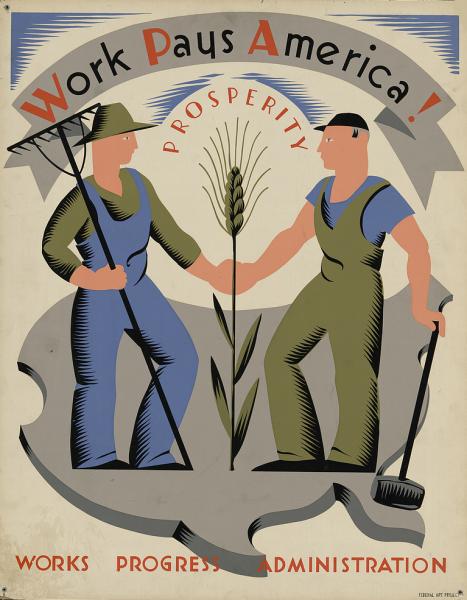
Another source of venture funding is the government. Not just directly in contracts, subsidies, or employment; but indirectly in meeting the needs of a labor force to do the work they want to do. UBI or a job guarantee, along with other social services like universal health care, food assistance, public internet and utilities could allow for just that.
Nothing Fails Like Success

A List Apart founder Jeffrey Zeldman unpacks just how destructive VC funding has been for tech startups, particularly those with ambitions to improve the world.
Fixing the financial dilemma at the heart of our broken tech industry

Ben Werdmüller, former venture capitalist and Indieweb startup founder, responds to Zeldman's essay Nothing Fails Like Success, with an elaboration on the traps of VC funding and the potential that "zebras" and the Indieweb hold for ethical funding of tech projects.
Exit to Community Primer
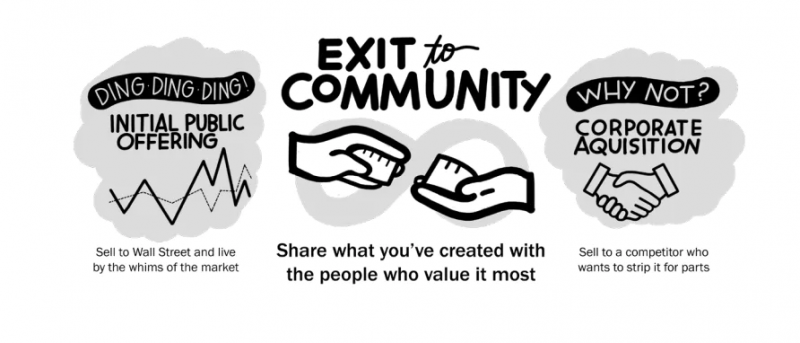
The Exit to Community (E2C) project is a collaboration between MEDLab at the University of Colorado Boulder and Zebras Unite. They outline a healthier alternative for startups which often get acquired or go public. Instead, they argue for an "Exit to Community — a path for startups to become owned and controlled by users, workers, and stakeholders who value and depend on the startup."
Drivers Coop investment drive

The NYC-based cooperative that offers a driver-owned economically equitable alternative to Uber and Lyft has launched a crowd investment campaign on the WeFunder platform. Their goal is $1m and are over half way there.
Ownership Matters

OM is a great online newsletter about startups and funding for the solidarity economy. It's a Substack-style site of interviews, reviews and original features put out by Washington DC cooperative development group Community Cooperative.
Funds for Open Source - A Conversation with OpenCollective founder Pia Mancini

OpenCollective is transforming the way that open source projects are funded by making it easy for project maintainers to set up a donation platform. On the Changelog Podcast, Pia Mancini explains what OpenCollective is, the journey it's on and ways to make open source projects sustainable.
What Might Healthy Open Source Look Like?

This talk by Sumana Harihareswara is an expansive re-imagining of both open source development and the kind of society that could support it.
Open Source Design & Build & Cut & Sew

WikiHouse and Jumpsuit demonstrate new ways of working in the traditional design fields of architecture and fashion.
Why Open Source? Rationales & Recommendations by Agaric

Members of tech services co-op Agaric share what open source software they use and why in their daily operation.
Open Source Design Resources
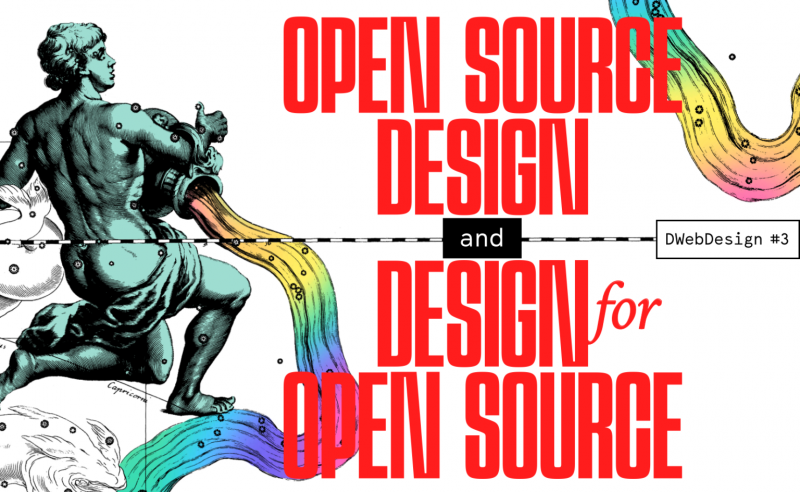
Coming out of a live event in Berlin, Germany called DWebDesign #3, this post is a great introduction and link collection for digital designers interested in learning more about open source.
Libre Graphics

Libre Graphics Club, Libre Graphics Meeting, and Libre Graphics Magazine are some resources, present and past, for designers looking to explore open source tools.
Open-Source Governance, Meet Feminist Economics
Open source was meant to be a commons, or a shared marketplace with resources that belong to — and benefit — its community as a whole. In a few important ways, it’s failed to achieve that. But that doesn’t mean it’s too late.
Post-Open Source
An incisive analysis of free software and open-source software's shortcomings and a nice summary of the post open-source tendencies emerging.
Ethical Source
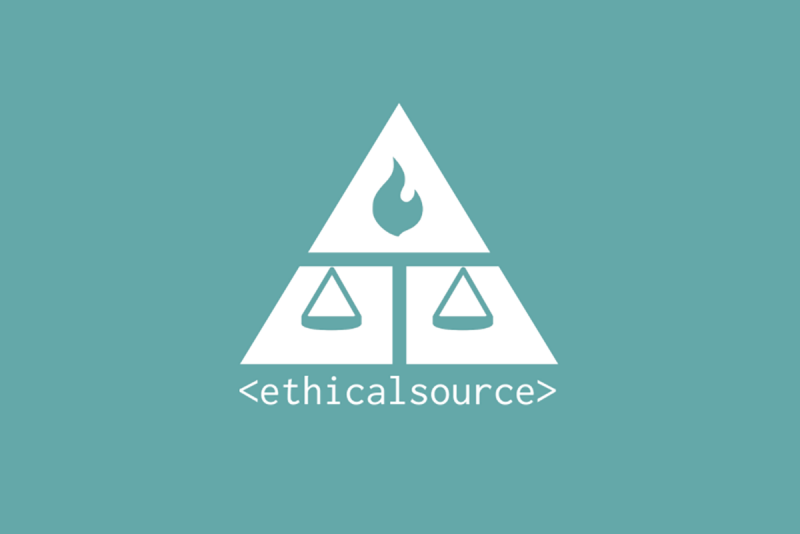
Ethical Source takes issue with Principle Zero of Free Software, "The freedom to run the program, for any purpose" and instead insists that ethics must be taken into account with the creation, design and use of technology.
Declaration of Digital Autonomy (draft 0.1)
Long time free software proponents Molly de Blanc and Karen M. Sandler pen a declaration outlining an updated set of principles for technology that is empowering, not oppressive.
Towards A Cooperative Technology Movement
The Cooperative Technology Movement believes the downfall of the free/open-source movement is its unwillingness to critique capitalism. As a result, open source has been coopted by tech giants.
What Happened in Bessemer?
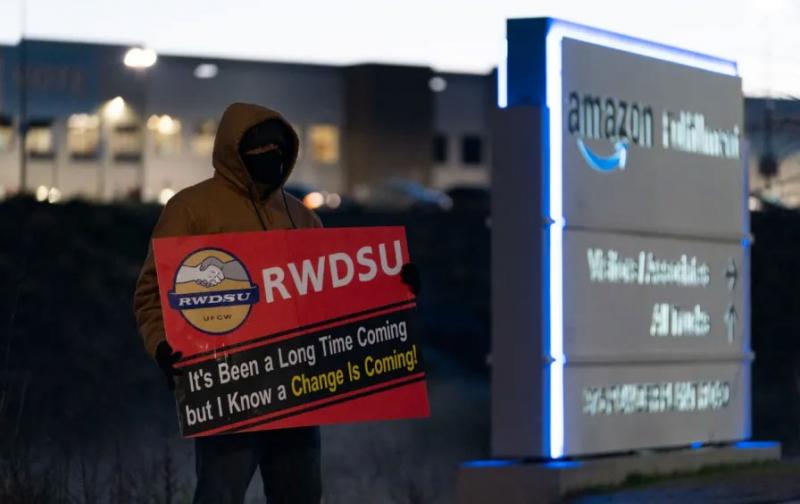
Top labor organizing strategist, author and scholar Jane McAlevey weighs in on the failed effort by Retail, Wholesale and Department Store Union (RWDSU) to organize Amazon warehouse workers in Bessemer, Alabama.
Resources for Democratic Management

A workplace democracy requires different mentalities, skillsets and practices than most of us are used to. For help in this challenging, unfamiliar terrain, check out these resources by Democracy at Work Institute and Greater Than.
Enspiral: A Case Study in Self-Organizing Companies
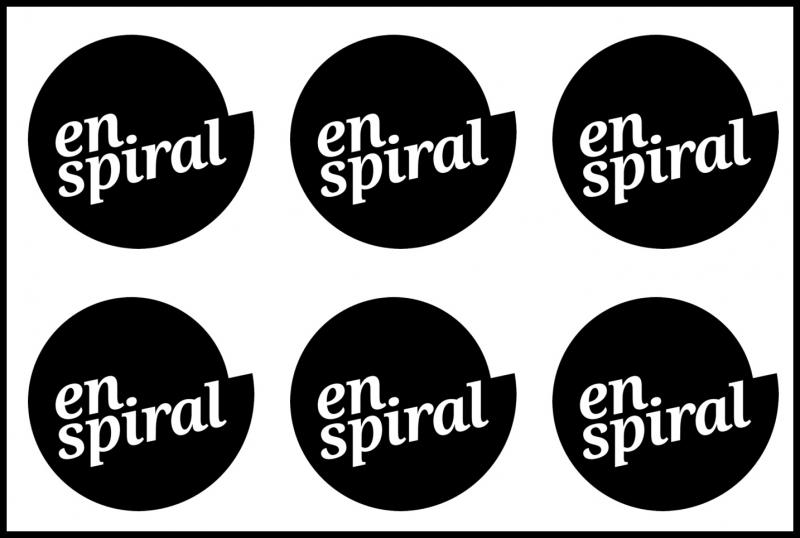
Enspiral, best known for building Loomio, an open-source decision-making tool, is a network of initiatives trying to create utopia and prepare for collapse at the same time.
Starting at the Top: Reinventing Organizations

Though many democratic workplace movements logically start bottom up with the workers, there is an emerging group of consultants advising owners and management on this approach to be more efficient, innovative and to foster a healthier culture. Notable among them is former McKinsey partner Frederic Laloux who wrote Reinventing Organizations.
Worker-owned co-ops are coming for the digital gig economy
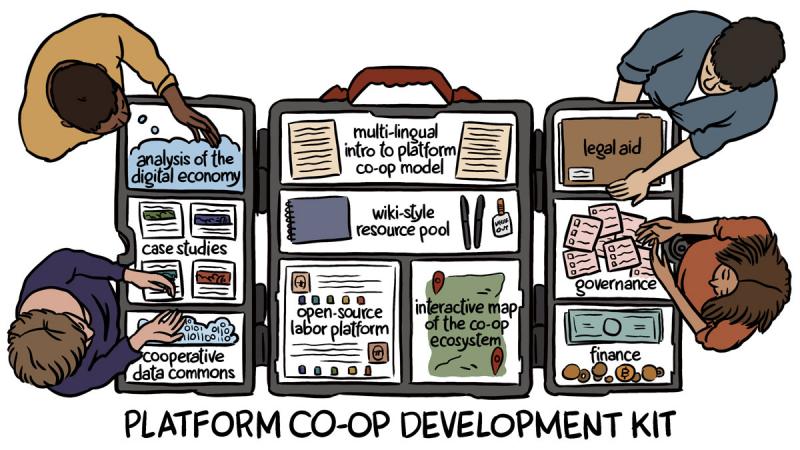
Platform cooperatives, platforms owned stakeholders, are gaining momentum as an alternative to predatory platforms like Uber and TaskRabbit.
Worker Coops: A Better Way to Make a Living in Tech
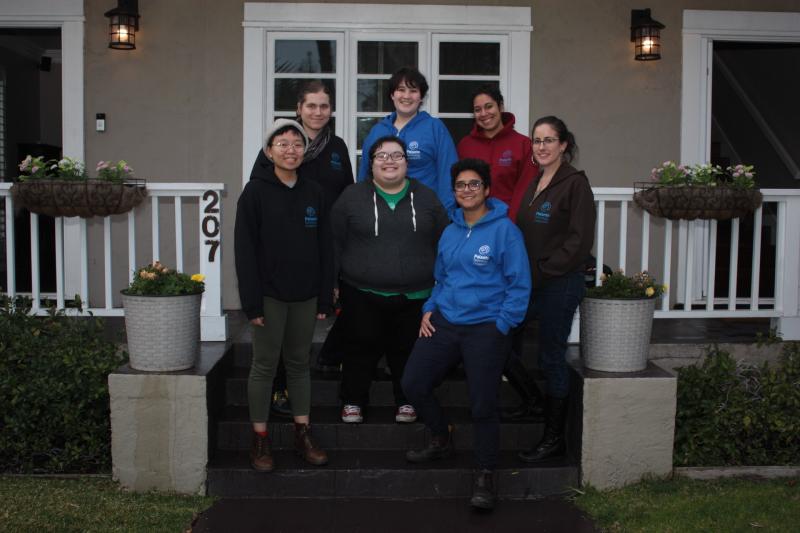
Jack Aponte, a worker-owner and co-founder of Palante Technology Cooperative, breaks down what exactly a cooperative, how they live out the coop principles with their company and the benefits of this model.
Solidarity Onboarding

Tech worker organizers from Google, Facebook, WeWork and Kickstarter produced a beautiful zine counterposing the most common anti-union talking points with counter quotes of advice, wisdom and inspiration.
Shifting Capitalist Critiques: The Discourse about Unionisation in the Hi-Tech Sector

Researchers studied the Israeli tech industry, which has the highest density of unionized workers in the world, to understand why organizing has taken hold there. Their findings show that workers are blurring the lines between traditional workplace issues like better pay and more creative issues like control over what kind of projects the company takes on.
DisCO Elements

What exactly is The Alphabet Workers Union?
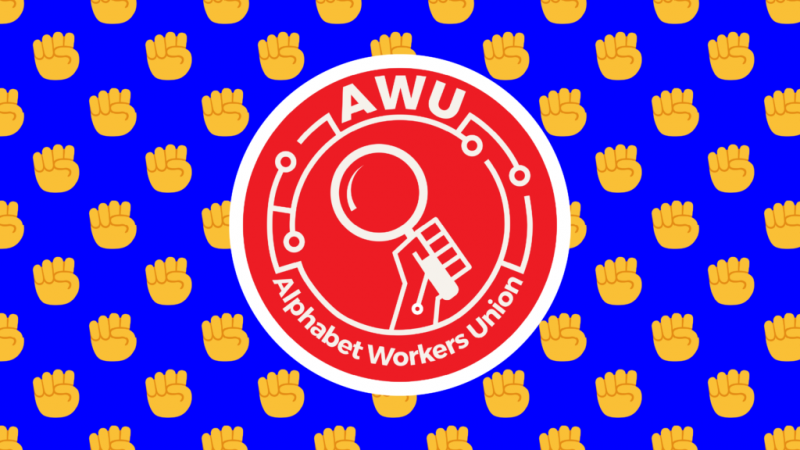
Kickstarter organizer Clarissa Redwine discusses the unique structure of Google's union which is "what’s known as a non-contract union, an open union, a minority union, or a solidarity union."
Solidarity, not Advocacy in Tech
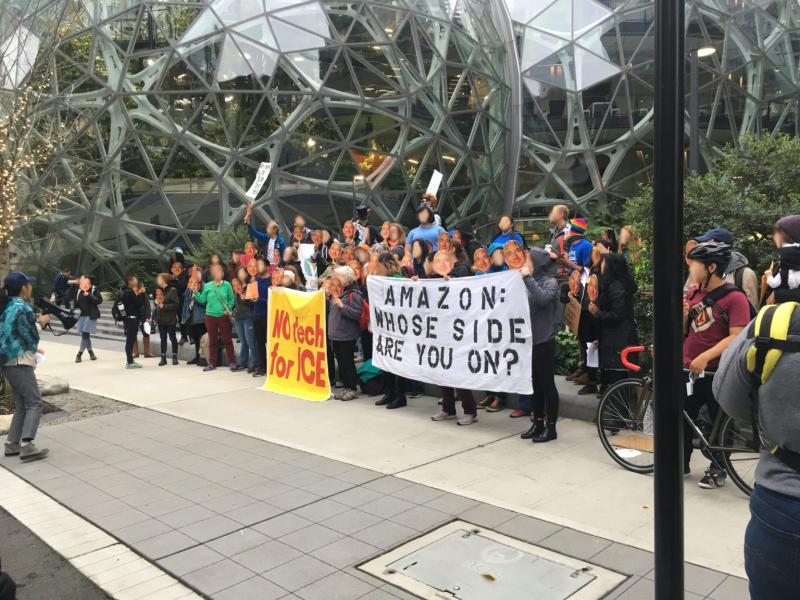
Carmen Molinari critiques common yet largely ineffective strategies in worker organizing at big tech in the IWW-related blog Organizing Work.


